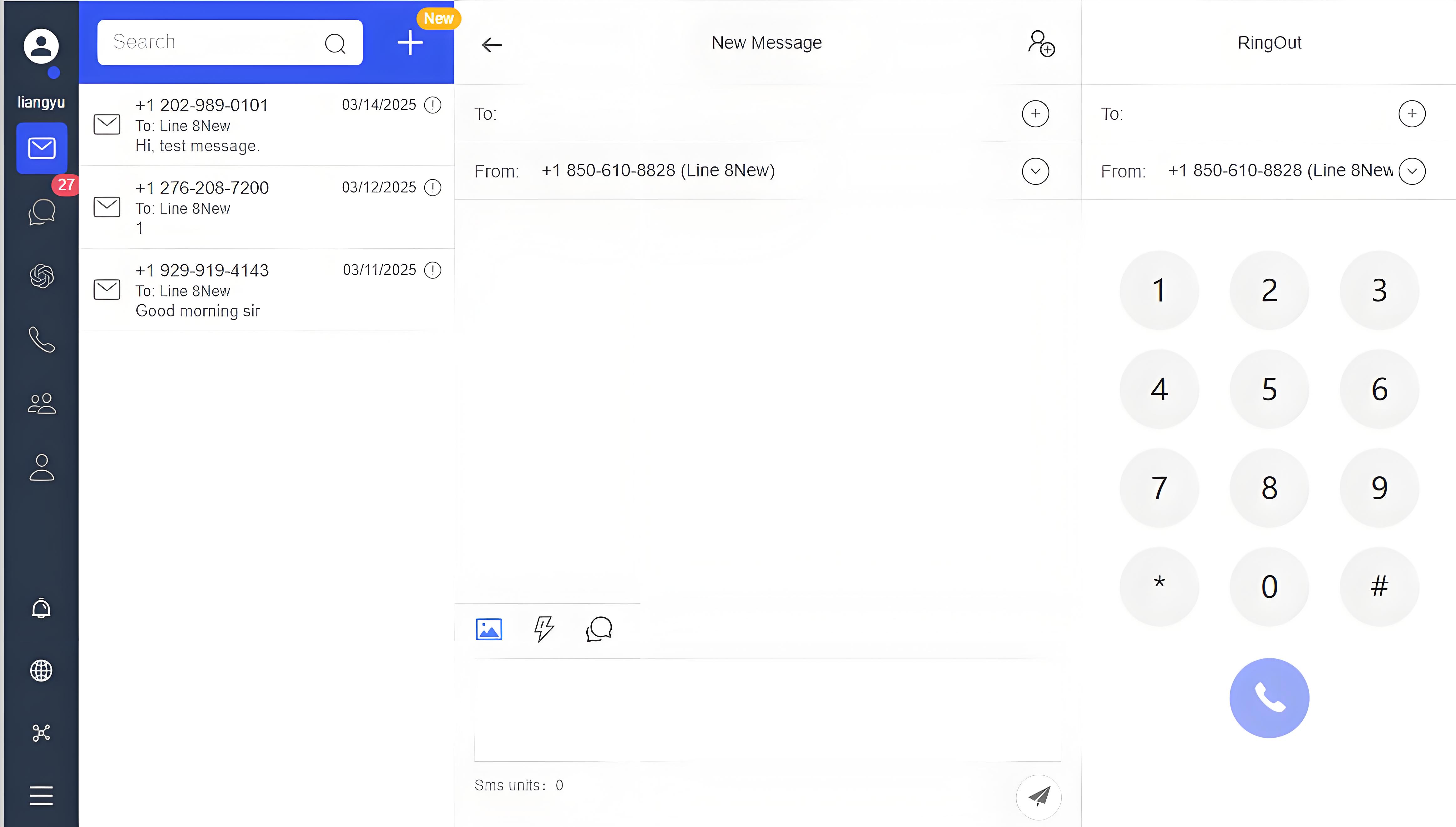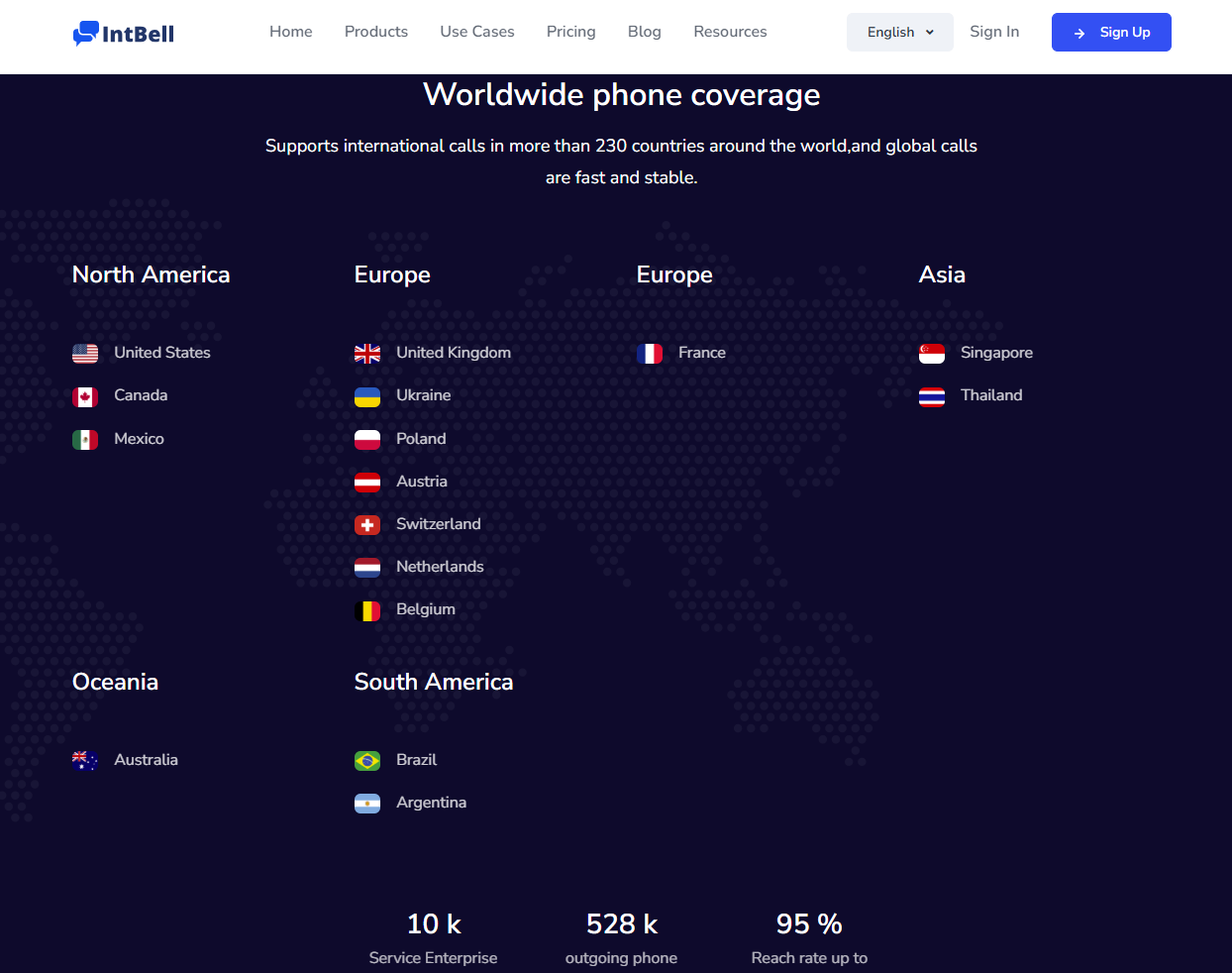In recent years, the process of regional economic integration on a global scale has been accelerating continuously. Regional cooperation organizations such as the European Union (EU), the Association of Southeast Asian Nations (ASEAN), and the African Continental Free Trade Area (AfCFTA) have created unprecedented market opportunities for enterprises by reducing trade barriers and promoting the flow of capital and personnel. However, when enterprises expand into regional markets, they often face challenges such as high cross-regional communication costs and insufficient localized services. With its localized number resources and international communication services, IntBell virtual numbers are becoming an important tool for enterprises to integrate into the regional economic ecosystem. This article will explore the trends of regional economic integration, the communication challenges faced by enterprises, and how IntBell helps enterprises seize opportunities and achieve a global layout.
Regional economic integration has become a key driving force for global economic development. Through its single market policy, the EU has realized the free flow of goods, services, capital, and labor among its member states. The ASEAN Economic Community (AEC) has promoted the deep integration of the Southeast Asian market. The African Continental Free Trade Area (AfCFTA) is committed to creating the world’s largest free trade area. These measures not only promote trade growth within the regions but also provide a broader market space for multinational enterprises.
However, when enterprises expand into regional markets, they often face the following communication problems:
In response to the communication challenges encountered by enterprises in regional economic integration, IntBell provides virtual number solutions to help enterprises achieve efficient and low-cost international communication and enhance their ability to penetrate the local market.
IntBell provides local virtual numbers in multiple regions such as the EU, ASEAN, and North America. Enterprises can have local telephone numbers without setting up physical offices in those regions. For example:
✅ Use a local German number in the German market to increase the customer answer rate.
✅ Use numbers from countries such as the United States and Canada in the North American market to enhance brand credibility.


A Chinese cross-border e-commerce enterprise hopes to expand into the German and French markets but faces the problem of local customers rejecting international numbers. By using the German and French virtual numbers provided by IntBell, the enterprise successfully increased the customer answer rate, the order conversion rate increased by 30%, and at the same time, it saved 50% of the international communication costs.
A SaaS company in Singapore needs to expand its business in Thailand, but cross-border team collaboration faces communication barriers. IntBell provided it with a Thai virtual number, enabling the team to communicate with customers and partners using a local number, and the business response speed increased by 40%.
Regional economic integration is reshaping the global business landscape. Enterprises must follow the trend and optimize their international communication strategies to gain an advantage in the competition. IntBell virtual numbers not only reduce the cross-border communication costs of enterprises but also enhance market trust through localized services, making them an ideal choice for enterprises to expand into regional markets.
Visit the IntBell Official Website to obtain a regional communication solution suitable for your business, allowing your enterprise to seamlessly integrate into the global market and win more business opportunities!
Click now to purchase US and Canadian numbers and get 100 minutes of calls + 300 text messages as a gift!